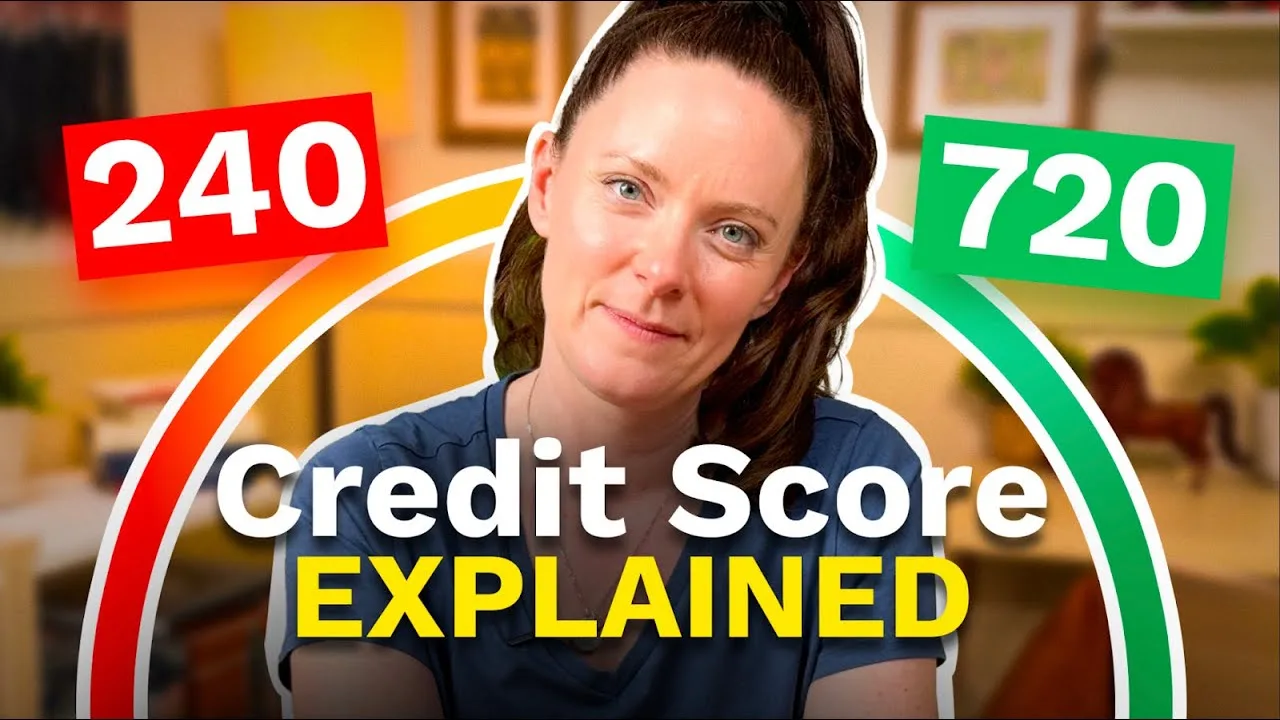What Happens When You File for Bankruptcy?
All your questions about bankruptcy answered in this clear and friendly guide

There are times in life when financial storms seem to swirl around us without warning, and you might find yourself needing a lifeline. A lost job, a car that's given up the ghost, or unforeseen medical bills can all contribute to a chaotic financial scene. When you're faced with this reality, the idea of filing for bankruptcy can suddenly seem like your only viable option.
We get it. Bankruptcy can feel like an intimidating path to take. Sometimes, though, it's the wisest step towards reclaiming your financial health. Here at WorkMoney, we're committed to making the process as seamless and transparent as possible. We're here to shed light on what happens when you file for bankruptcy, what to expect, and how it can help set you on the path to financial resilience.
Taking a breather from creditors
When you're juggling debt, the strain from persistent calls and letters from creditors can feel like a tidal wave. To help you keep your head above water, we've joined forces with Upsolve, a platform that can guide you through the bankruptcy process, essentially throwing a stop sign at your creditors' harassment.
The moment you file for bankruptcy, the court issues an "automatic stay." It's like a force field that blocks some creditors from reaching out to you about your debts. This breather allows you to take stock, regroup, and reorganize your finances.
The 'Meeting of Creditors'
Once you've filed for bankruptcy, you'll have to participate in a special gathering known as a 341 Meeting, or Meeting of Creditors. This meet-up is typically scheduled 20 and 60 days after you've filed your court paperwork. Its primary role is to confirm your identity as the process continues.
In this meeting, you'll sit down with your court-appointed bankruptcy trustee and inform your creditors that you've filed for bankruptcy. While this might seem a bit scary, it's not as bad as it sounds. Creditors are not required to show up for 341 meetings, meaning you'll likely just chat with your trustee, answer some questions, and move toward your financial reset.
Becoming a debt management whiz
After filing for bankruptcy, it's compulsory to complete a debt education class. We know it sounds like a drag, especially when you're already managing a lot. However, these classes are chock-full of vital information that can arm you with skills to budget, manage finances, and rebuild your credit score.
The roller coaster ride of your credit score
Bankruptcy doesn't mean your credit score is on a one-way trip to oblivion. Yes, filing for personal bankruptcy will cause your credit score to dip, generally between 130 and 150 points, but it's not a life sentence. You can resuscitate your score over time.
Committing to timely bill payments and keeping your balances low are vital steps in rebuilding your credit score. At WorkMoney, we're here to reassure you that you're not the only one in this boat.
Embracing a debt-free life
The most uplifting part of filing for bankruptcy is that it can offer you a clean slate. Once you've jumped through the necessary hoops, the court will dismiss the debts listed in your bankruptcy paperwork. This allows you to start fresh, free from the debts that have been holding you down, both emotionally and financially.
If you've chosen Chapter 7 bankruptcy, your debt is usually wiped about 60 days post your 341 meeting. If you've gone with Chapter 13, you'll commence with structured debt payments until the stipulated payoff period. Then, the court will discard any remaining debt.
Discover your path to debt relief with WorkMoney
We recognize how daunting filing for bankruptcy can be, particularly when you're trying to juggle life's responsibilities. To smooth out the process, we've teamed up with the Upsolve. It’s a tool that helps you ascertain if you're eligible for bankruptcy and offers a wealth of valuable resources.
At WorkMoney, we don't want you to navigate a financial crisis solo. Together with our partners, we provide a plethora of resources to help you regain your financial footing. To further empower you, take advantage of our free member resources and discover how to shake off your debt shackles for good.



